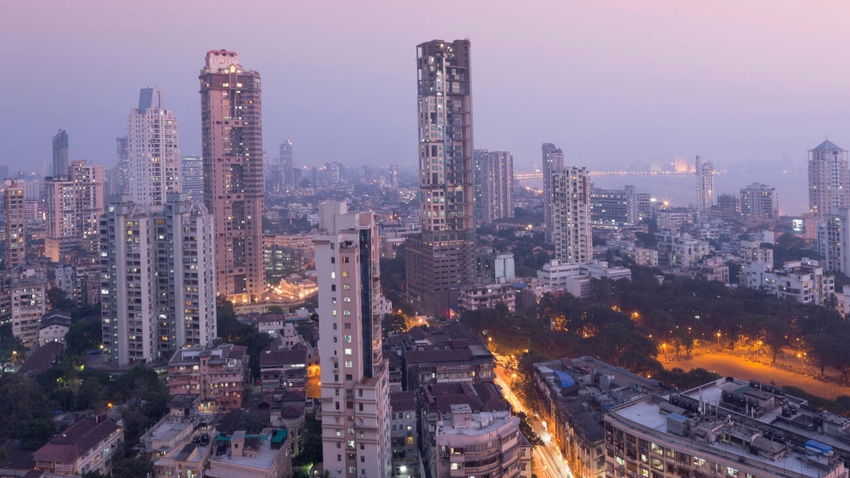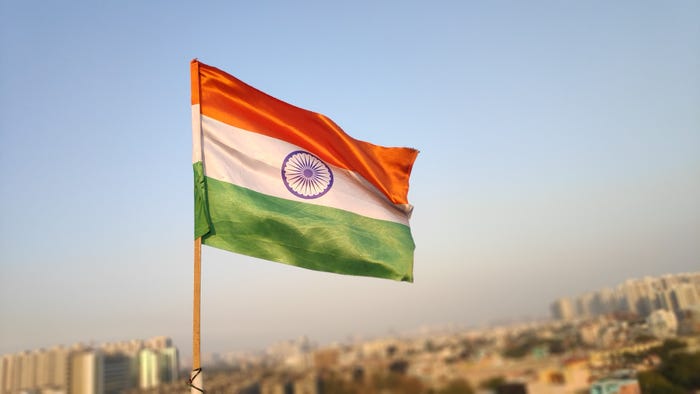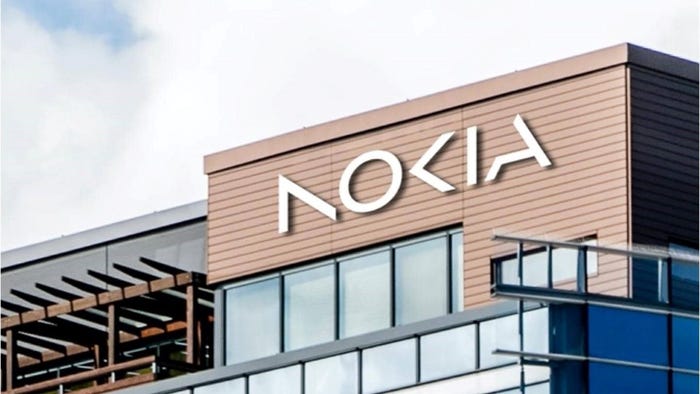Jio's 5G performance negatively impacted as traffic grows – OpenSignal
While Jio's 5G speed has dropped among growing traffic, it has made gains in 5G availability, according to OpenSignal.

The 5G performance of India’s largest service provider, Reliance Jio, has suffered in the first quarter of this year as subscriber numbers and traffic grow, according to an OpenSignal report.
"Despite rolling out a 5G standalone access network, Jio’s 5G performance has been negatively impacted as its 5G network traffic, number of 5G users and 5G Availability have been growing at a faster rate than Airtel’s," OpenSignal says. It defines 5G availability as the "proportion of time OpenSignal users with a 5G device and a 5G subscription have an active 5G connection."
Overall, Jio’s 5G speed has come down from 323.6 Mbit/s in Q1 2023 to 261.8 Mbit/s in Q1 2024 with the circles (service areas) of Uttar Pradesh, Assam and West Bengal being the most impacted. At the same time, the service provider has recorded an increase in 5G availability from 34.9% in Q1 2023 to 64.9% in Q1 2024.
"The reason is that as Jio scales across the country, it increasingly leverages low-band spectrum — the proportion of 5G readings we collected when our users were connected to Jio’s 700 MHz and 3.5 GHz bands has almost doubled from nearly 10% in Q1 2023 to over 18% in Q1 2024," OpenSignal says. Jio is the only service provider that owns the pan-India 700MHz spectrum. Low-band spectrum, like 700MHz, is known to enhance coverage but degrades the speed.
On the other hand, Airtel has managed to improve its speed as well as availability. "Airtel's performance has improved across all bar three telecom circles, namely Punjab, Mumbai, and Delhi. Nationally, the average 5G download speeds seen by our Airtel users have increased from 260.4Mbps in Q1 2023 to 273.6Mbps in Q1 2024. Over the same period, Airtel’s 5G Availability grew from 12.5% to 20.7%," OpenSignal says.
Growing data consumption
Overall, the country’s 5G download speed has fallen from 304 Mbit/s in Q1 2023 to 280.7 Mbit/s in Q42023. "There is a significant drop in 5G download speeds across all hours of the day, with a greater decline during peak hours (9 pm-12 am) in Q1 2024 compared to Q1 2023," says OpenSignal.
India’s top two telcos, Reliance Jio and Bharti Airtel, offer 5G services in the country. Reliance Jio has 108 million 5G subscribers, while Airtel has 72 million 5G subscribers. Both service providers are not charging a premium for 5G services and are offering them at a 4G tariff.
Both the telcos have reported an increase in data consumption after 5G was introduced in October 2022. According to TRAI, 5G data consumption has increased from 375 petabytes in December 2022 to 6,239 petabytes in December 2023.
"If you look at the total traffic that is now being carried, or being contributed, by these 5G subscribers on a 5G network, it is now approaching 30% of the mobility data traffic, cumulative mobility data traffic," says Kiran Thomas, president, Reliance Jio, in the recent Q4 media and analyst call. Similarly, the Airtel CEO has also mentioned that 5G has led to a growth in data consumption.
The telcos are taking measures to improve the 5G experience. "To address this issue, Airtel is focusing its capacity investments on 5G, and stopped investing in any capacity investments in 4G. The company stated that it has rolled out about 43,100 network sites and 55,982 kilometers of fiber, as backbone network infrastructure is critical when it comes to ensuring good quality services for end users," says OpenSignal.
As of the end of May, Indian operators had deployed 446,000 5G base stations in the country, much less than required. To put this in perspective Jio and Airtel had 746,000 and 326,000 4G base stations, respectively, in June 2019.
Read more about:
AsiaAbout the Author(s)
You May Also Like














